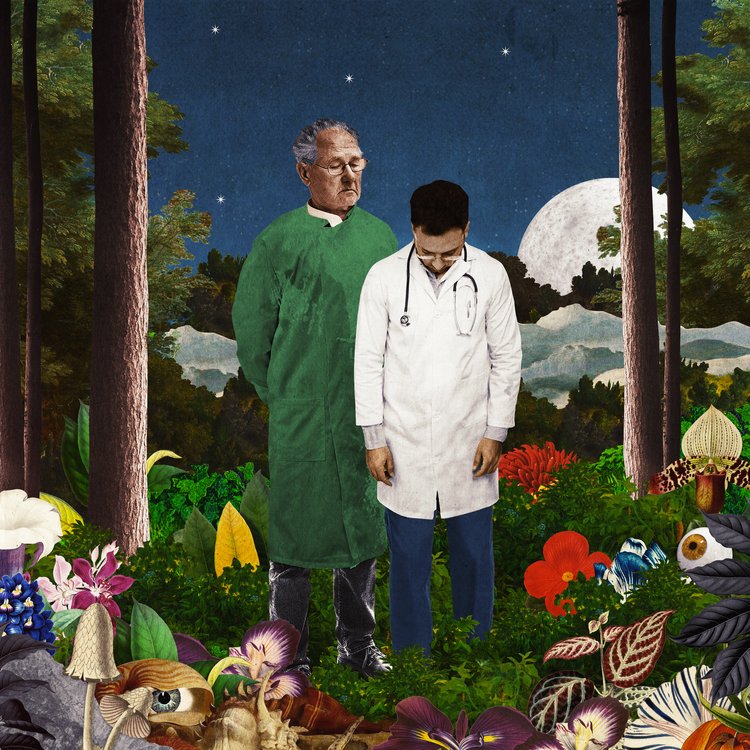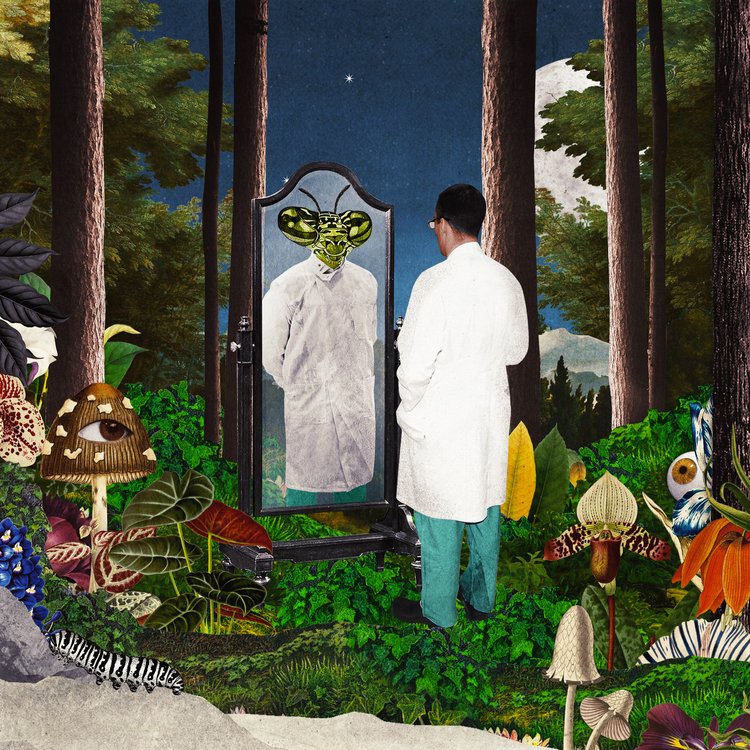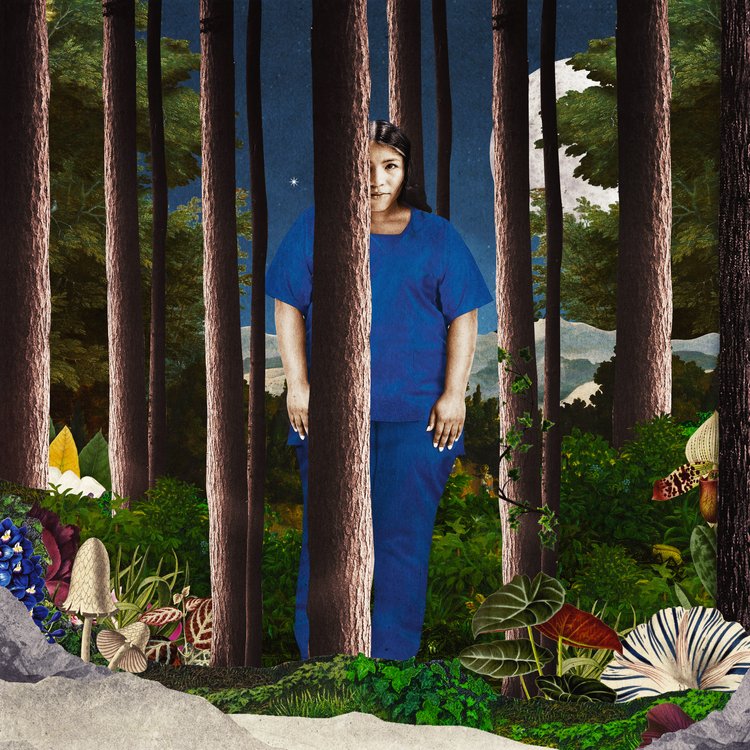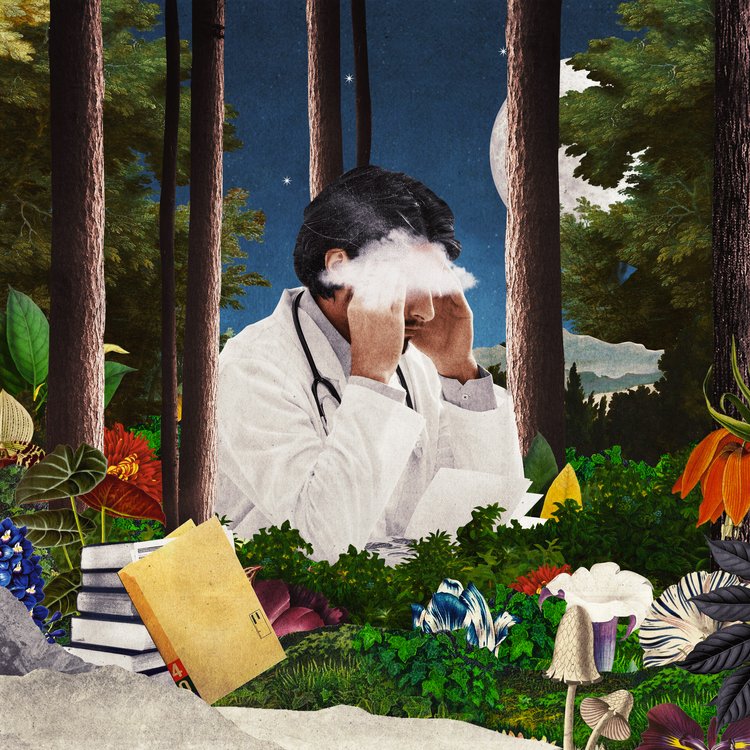Nov 14, 2022
Through the Looking-Glass
“One of the first (of many) images and talking points that resonated while I listened to the episode [Ep. 7 “On Trial”] was Dr. Gita Pensa’s noting that she felt like Alice in Wonderland. In my professional career, I have never felt so unmoored and disoriented as I did during my experience with a malpractice suit.
Along with a changing roster of physicians (all trainees at the time) and nurses, I was named as a co-defendant in a suit alleging a delay in diagnosis that resulted in the death of a 7-week-old infant. We went to trial with an amazing attorney team that coached us individually and together (after depositions), sought out additional support (witness consultant) and even set up a mock trial to allow us to practice. We were able to prove that we provided the best possible care and that the unfortunate outcome could not have been avoided at the time of the baby’s presentation to the emergency department. There was no subsequent appeal. Unlike Dr. Pensa’s drawn-out saga, a little over four years elapsed between the time I was named to the end of the trial, with the case occurring over 1.5 years earlier.
I wrote the above paragraph calmly and relatively dispassionately which is a far cry from my actual experience. When I was first notified, I was in the throes of an incredibly busy first year of fellowship. I had just started dating my now-husband. Similar to Dr. Pensa’s experiences, I had never received any formal or informal education about being involved in a case and was devastated. I couldn’t legally talk to anyone in detail; in retrospect, I should have advocated for myself and carved out time for therapy. The overwhelming shame of letting new mentors and colleagues know (would they doubt my acceptance into the program?) or talking to old ones (would they want to acknowledge that a former trainee was in this situation?) made me start conversations only to have them fade away like the Cheshire Cat, or not even start them at all. This was the one and only time I truly doubted my decision to become a doctor, and I wondered if I should even continue. What was the point? Like Dr. Pensa, I didn’t know that I too was suffering from “textbook litigation stress” and that it was appropriate to feel lost and not know my next steps. I also appreciate her noting that her sadness was both about her patient and her (sense of) self.
Alice struggled with new words and new language puzzles especially in Through the Looking Glass – Why are the borogoves mimsy in the poem Jabberwocky? Did the White Queen ever eat jam if she only ate it yesterday and tomorrow, but never today? Similarly, Dr. Pensa captured the feeling of not having the right skillset or language. For physicians used to explaining everything, answering deposition questions with a “yes” or “no” and actively refraining from providing additional detail is extraordinarily difficult and disorienting. How does one explain “bread and butter” pediatrics to a jury of one’s peers who are not in fact one’s medical peers? Similar to Alice stating at the end of her own trial in Alice’s Adventures in Wonderland that they were “nothing but a pack of cards”, I reframed the jury as 12 parents to whom I was explaining their children’s care, focusing on them and not the plaintiff’s attorney.
My trial ended over a decade ago. The shadows are long but I have tried to find a silver lining among the clouds. In my state, I no longer have to include the malpractice case in my re-credentialing and licensure paperwork. It was a simple matter (a few lines of explanation that I drafted with my lead attorney and have duly copy and pasted each time) but the lifting of that small shame burden (more people will know about this and doubt me?!) was not to be underestimated. The fear that Dr. Pensa discussed arising from that shame also led me to overdocument my thought processes in written notes. However, a few years after my case ended, I began offering an interactive session with the lead attorney for junior residents (and occasionally others) telling my story and providing information about what trainees should know about malpractice. The feedback has been overwhelmingly positive; residents express gratitude for my sharing such a personal narrative and for an attorney sharing her time and expertise.
Being on trial will always be a part of my medical career. I am grateful for Dr. Pensa’s outlining our similar trajectories through shame, fear and acceptance and that this experience can be a teaching opportunity for others."
reflection forum










